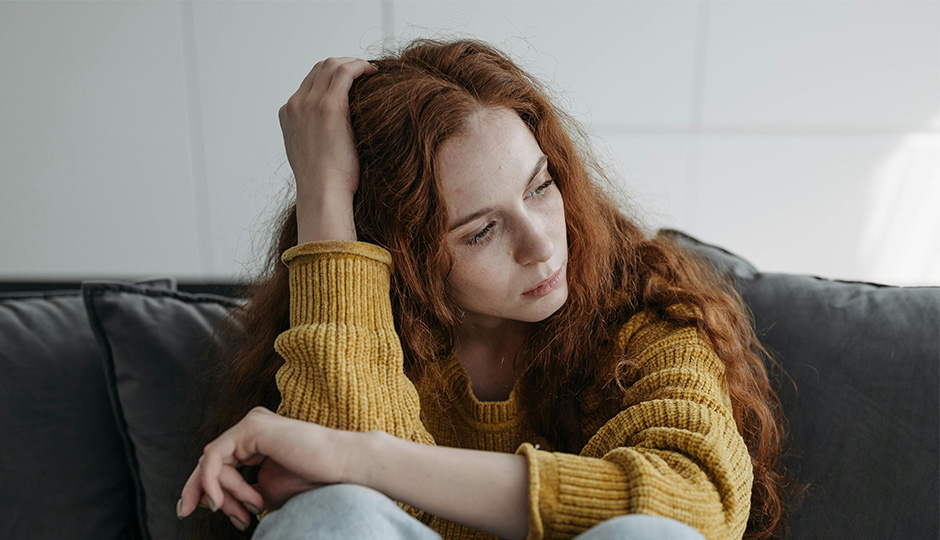Hair is more than just a cosmetic feature; it symbolizes your identity, personality, and self-esteem. While hair loss is an experience shared by millions of men and women worldwide, it can be a silent and personal battle that dramatically impacts an individual's self-esteem.
Psychological Effects of Hair Loss
Hair loss can have significant psychological effects on individuals, impacting their mental and emotional well-being.
The psychological effects of hair loss can be profound and vary among individuals but can include:
Decreased Confidence: Hair is often closely tied to a person's identity and how they present themselves to the world. When someone begins to lose their hair, they frequently feel as if they are losing a part of their identity, which can be distressing. Individuals experiencing thinning hair or hair loss often report a significant drop in self-esteem and confidence levels.
Social Withdrawal: While a common issue for men and women, thinning hair and hair loss are often sources of embarrassment and insecurity. For some people, concerns about appearance create a distorted negative body image that makes them avoid social settings. Some may withdraw from social situations because they feel less confident interacting with others due to embarrassment or self-consciousness about their appearance.
Emotional Impact: The emotional toll of hair loss can be substantial. Feelings of frustration, embarrassment, sadness, and hopelessness due to changes in their appearance are common. In some cases, hair loss can lead to severe mental conditions such as depression or anxiety.
How Low Self-Esteem Related to Hair Loss Impacts Your Life
Hair loss can exacerbate negative body image issues, causing you to fixate on perceived flaws and imperfections. The psychological toll of hair loss often manifests as anxiety and depression. Hair loss may lead to feelings of insecurity and inadequacy, affecting social interactions and overall well-being. This reduced self-confidence can manifest in multiple ways, straining interpersonal relationships and severely impacting an individual's personal and professional life.
For some people, hair loss might impact their professional lives, especially in roles where appearance plays a significant part, such as in sales, entertainment, or public relations. Overall, hair loss can lead to intense emotional suffering and impact various aspects of life, including personal and social relationships.
Support and Acceptance
There are various ways people cope with hair loss, including:
- Seeking medical treatments or hair restoration options.
- Embracing different styles, like shaving the head or wearing wigs.
- Focusing on other aspects of their appearance or talents to build confidence.
Acceptance and self-compassion play a key role in maintaining a positive self-image. While hair loss can be a challenging experience, it's important to remember that your self-worth is not based solely on your appearance. Many people find strength and confidence in their abilities, character, and the support of loved ones.
Restore Your Hair and Self-Esteem With LH Hair
A full, thick head of luscious locks is highly valued in nearly all cultures. Hair represents beauty, strength, health, and power and is a source of attraction for both men and women. With the symbolism and significance placed on hair, it's easy to see how thinning hair or hair loss can negatively impact self-esteem.
At LH Hair, we understand the connection between a healthy head of hair and self-esteem. Hair loss can create overwhelming emotions and feelings that can lead to mental health issues, which can sometimes worsen your hair loss condition.
Fortunately, there are solutions available. At LH Hair, our compassionate team of experts can help you find a solution for your hair loss that will improve your life and self-esteem. To learn more about hair loss and what you can do about it, contact us today and schedule your FREE initial consultation.



